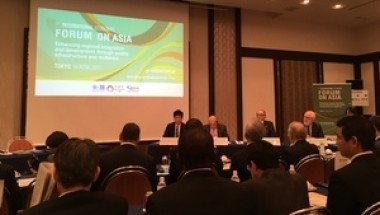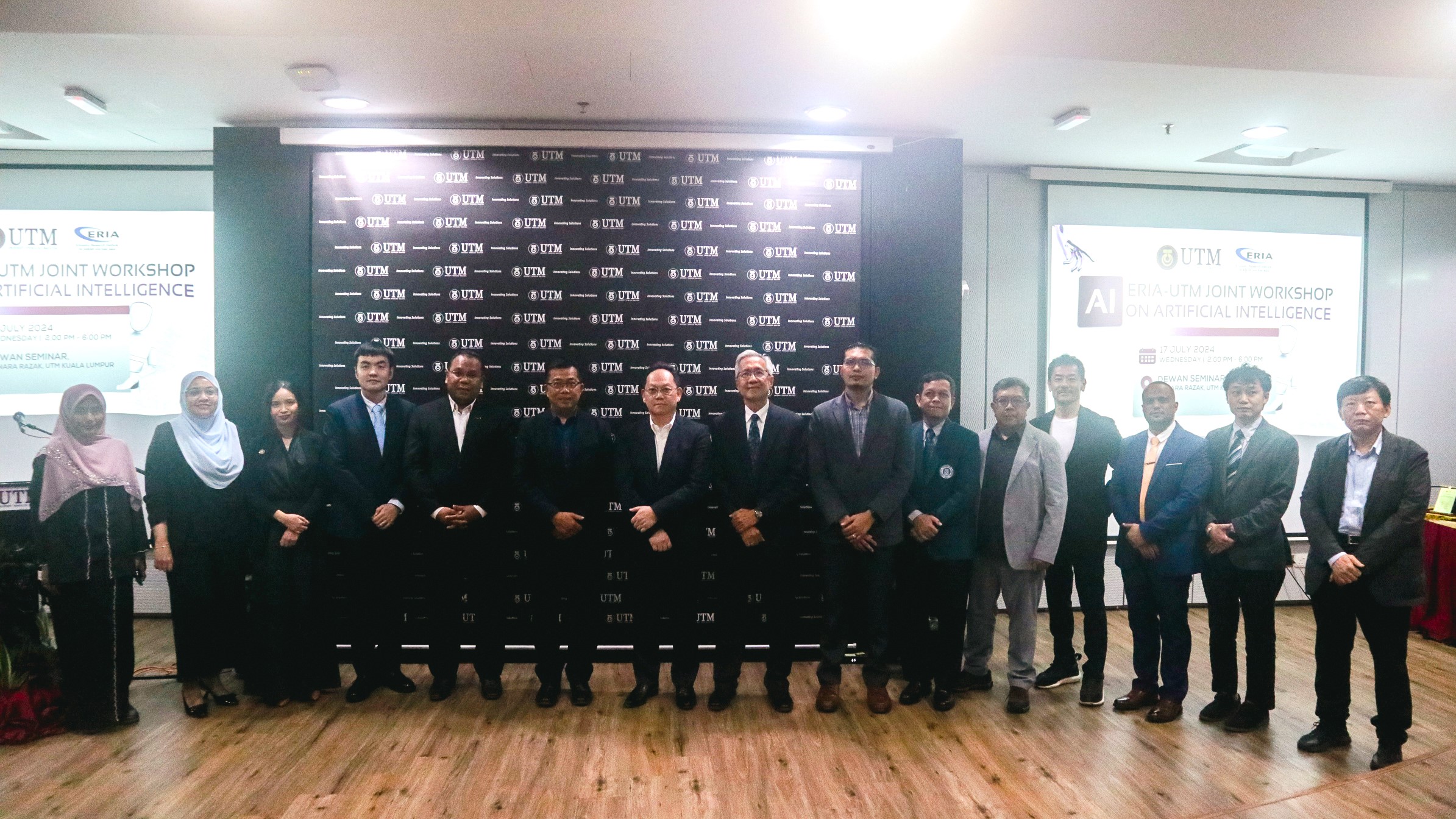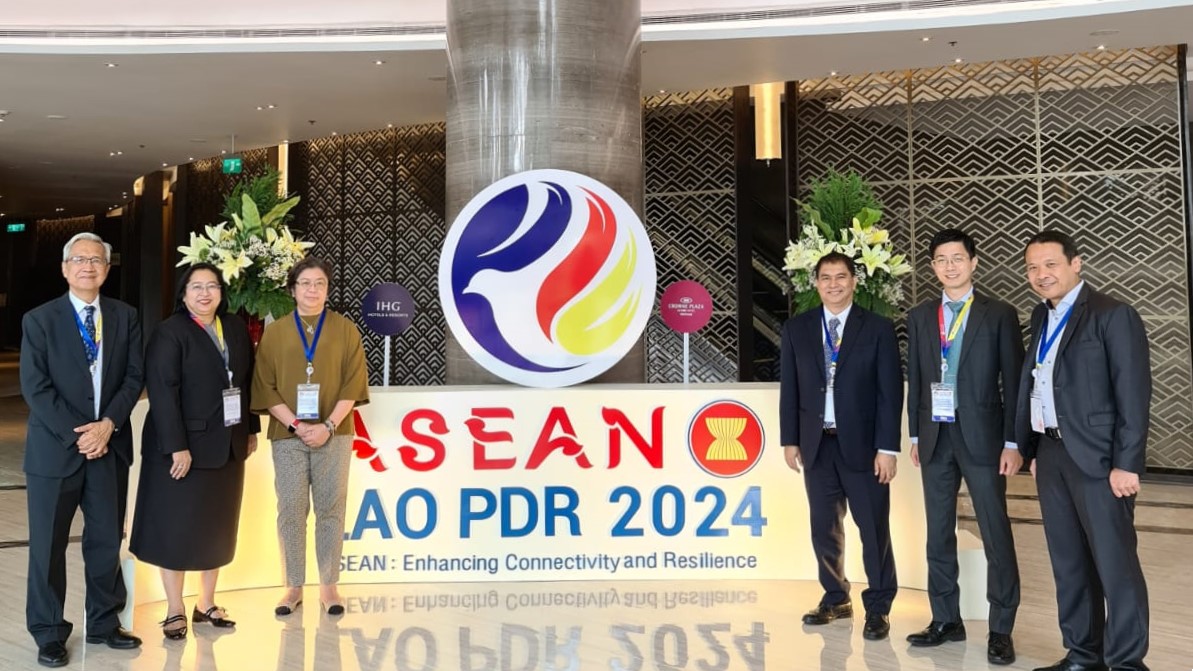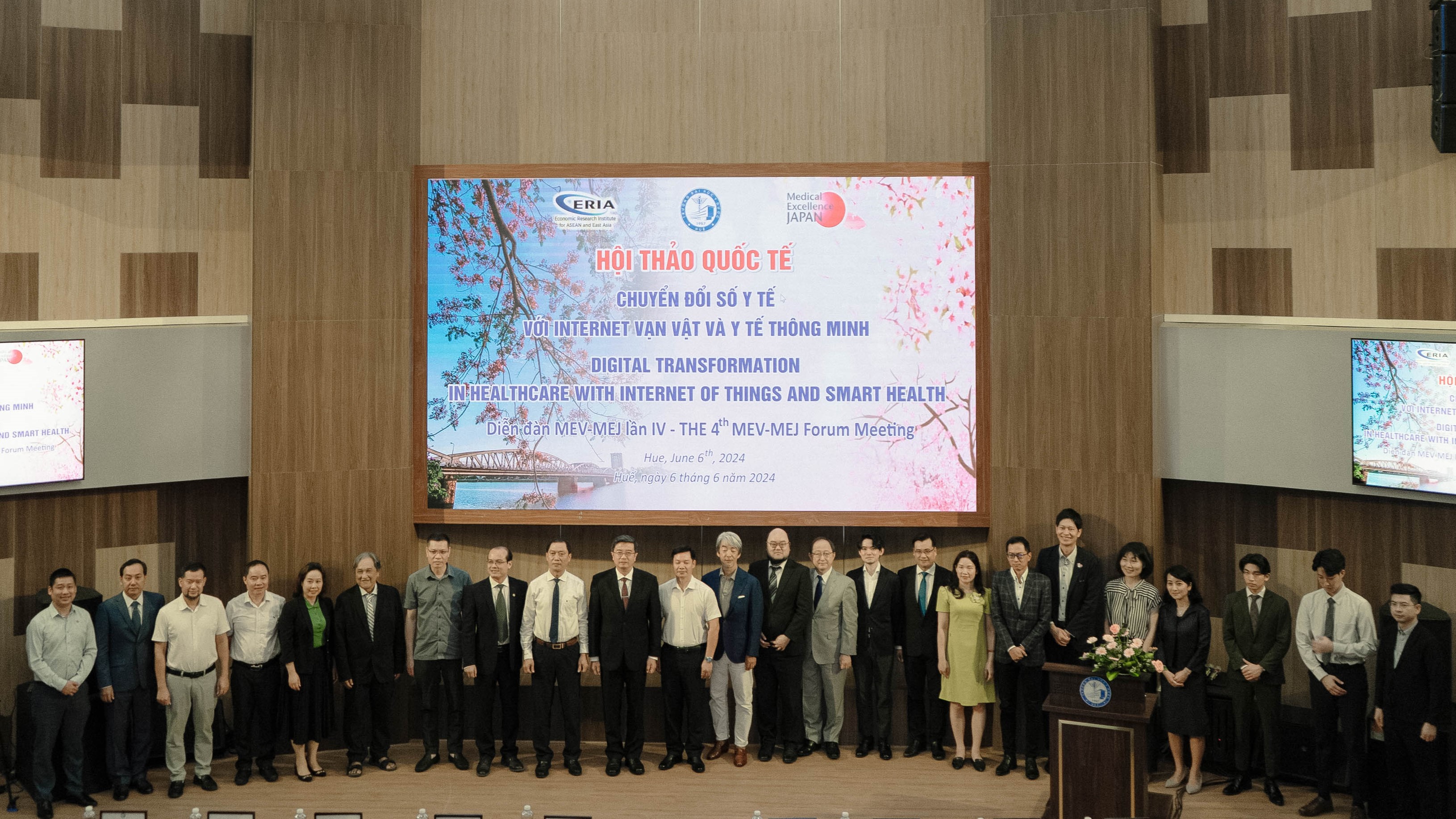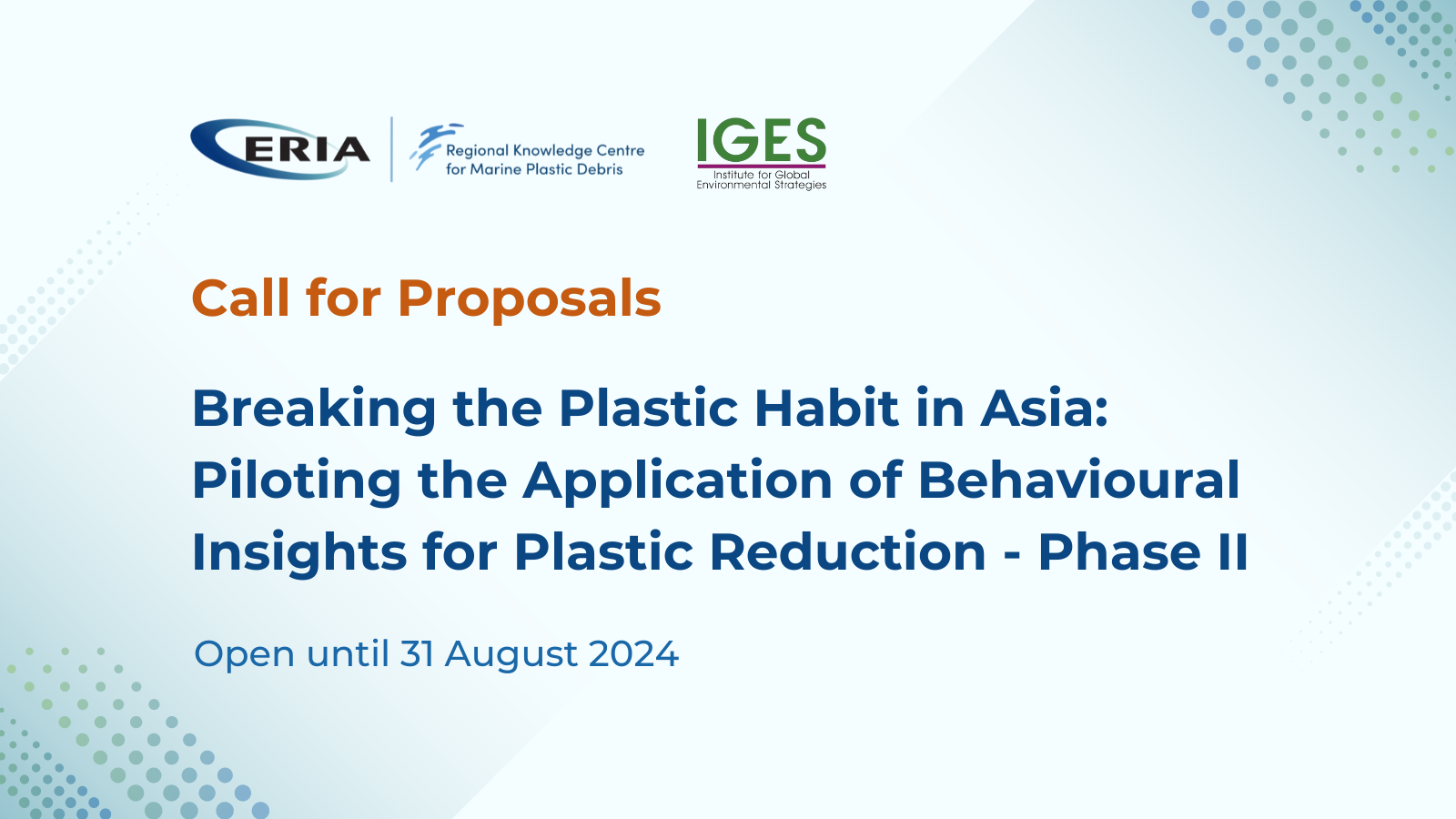ERIA, OECD, and Japans MOFA Organise the First International Economic Forum on Asia
Date:
14 April 2017Category:
-Topics:
-Share Article:
Print Article:
Tokyo, 14 April 2017: The Economic Research Institute for ASEAN and East Asia (ERIA), together with the Japanese Ministry of Foreign Affairs and the Organisation of Economic Co-operation and Development (OECD) Development Centre, held the First International Economic Forum on Asia on the theme of 'Enhancing Regional Integration and Development Through Quality Infrastructure and Resilience', in Tokyo, Japan on 14 April 2017.
His Excellency Mr Kentaro Sonoura, State Minister of Japan's Ministry of Foreign Affairs, and Mr Angel Gurría, Secretary-General of OECD, took the stage in the opening session, followed by Prof Hidetoshi Nishimura, President of ERIA, who briefly introduced recent ERIA research activities in relation with the day's three sessions.
Prof Nishimura also expressed his satisfaction at cooperation efforts between OECD and ERIA as part of the Memorandum of Understanding (MoU) that was signed in Paris, France on 5 May 2014. Moreover, he announced the extension of the MoU for three more years and the expansion of the field of cooperation to:
- Policies to support SMEs and foster entrepreneurship
- Sustainable infrastructure
- Analysis on trade in value added and global value chains
- Governance of critical risks and disaster risk financing
- Good regulatory practices
- Development and quality of growth
The first session touched upon such projects as the Comprehensive Asia Development Plan, CADP 2.0, the ASEAN Private-Public Partnership Guidelines and the Regulatory Connectivity project. Prof Fukunari Kimura, Chief Economist of ERIA, as well as Prof Armida S. Alisjahbana, Governor of ERIA and representative of Indonesia, participated in this session.
Professor Kimura highlighted the importance of quality infrastructure in Global Value Chains, introducing the approach of the CADP 2.0 project to estimating lifecycle costs and economic impacts of the infrastructure projects. He underlined the Public-Private Partnership approach to project design and financing, as well as the need for international rules of government involvement in such projects.
Prof Alisjahbana focused on the social, economic, and environmental components of sustainable infrastructure, as well as the 'Ise-Shima Five Principles of Quality Structure Investment'. She discussed the case of Indonesia in greater detail, developing on the country's particular priorities and financing strategy for infrastructure development.
The second session of the Economic Forum was concerned with the theme of Circular Economy and the required infrastructure, relating to ERIA's 'Smart and Eco-Friendly City' workshop, which was jointly organised by ERIA, Malaysia's Ministry of Energy, Green Technology, and Water (KeTTHA), ERIA's Energy Research Institute Network (ERIN) and the Malaysian Chapter of the American Society of Heating, Refrigerating and Air-Conditioning Engineers (MASHRAE) on 11 April 2017.
The third session discussed 'National Resilience', particularly economic resilience, which ERIA has been focusing on in disaster-related research, pushing the need for mitigation of supply chain risks as well as infrastructure resilience and use of new technologies.
